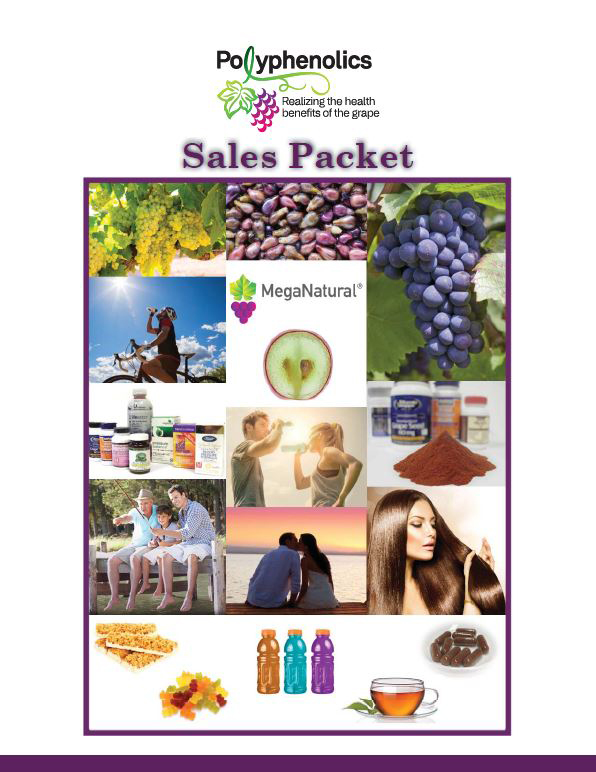By now, most of us have heard that a diet rich in antioxidants helps to boost our immune health and may prevent everything from cancer to heart disease. There is mounting evidence that antioxidants – found in fruits and vegetables – also play a key role in reducing stroke risk.
The latest study comes from Sweden’s Karolinska Institute. Researchers discovered that women who consumed more fruits and vegetables had the highest total antioxidant capacity (TAC). Women with higher TAC ratings also had a lower risk of stroke – even those who had previously suffered cardiovascular disease.
How antioxidants help with hypertension
Every day free radicals bombard our body. They come from natural sources such as sunshine and are a natural bi-product of our metabolism. They also come from man-made sources such as car exhaust and processed foods. Left unchecked, they can cause, among other things, plaque in our arteries. That build-up may force our hearts to pump harder, leading to chronic high blood pressure.
Most of us get exposed to more free radicals than our bodies can manage. That’s why there’s so much attention focused on adding more fruits and vegetables to our diet. Not only do antioxidants combat free radicals, but research at UC Davis, has indicated that antioxidants contained in the premium grape seed extract MegaNatural®-BP may help to restore elasticity to arterial walls.
How much is enough
The American Heart Association encourages adults to eat 4.5 cups or nine servings of fruits and/or vegetables a day. Antioxidant-rich foods include artichokes, beans, blueberries, broccoli, carrots, cinnamon, grapefruit, hazelnuts, kiwi, oranges, pecans, potatoes and raspberries.
Some people avoid fruits and vegetables because of gas, bloating, diarrhea and other discomforts. To prevent such digestive problems add fruits and vegetables to your diet slowly; choose a variety of fruits and vegetables; chew food thoroughly; and take smaller bites – this ensures that large chunks of food do not reach your intestines undigested.
If you can’t always eat the recommended daily servings of fruit and vegetables, consider adding a dietary supplement to your routine.
Premium grape seed extract: give yourself an edge
Grape seed extracts are popular alternatives among people concerned with their cardiovascular health. While there are many commodity brands on the shelf at all price points, it pays to be selective. MegaNatural®-BP is easier for your body to absorb than other grape seed extracts. It carries four different patents, ensuring that this science-backed brand is unique from anything else on the market.
When you’re on the run and can’t make smart nutrition choices, it’s reassuring to know that you can still help your heart and maintain healthy blood pressure.



